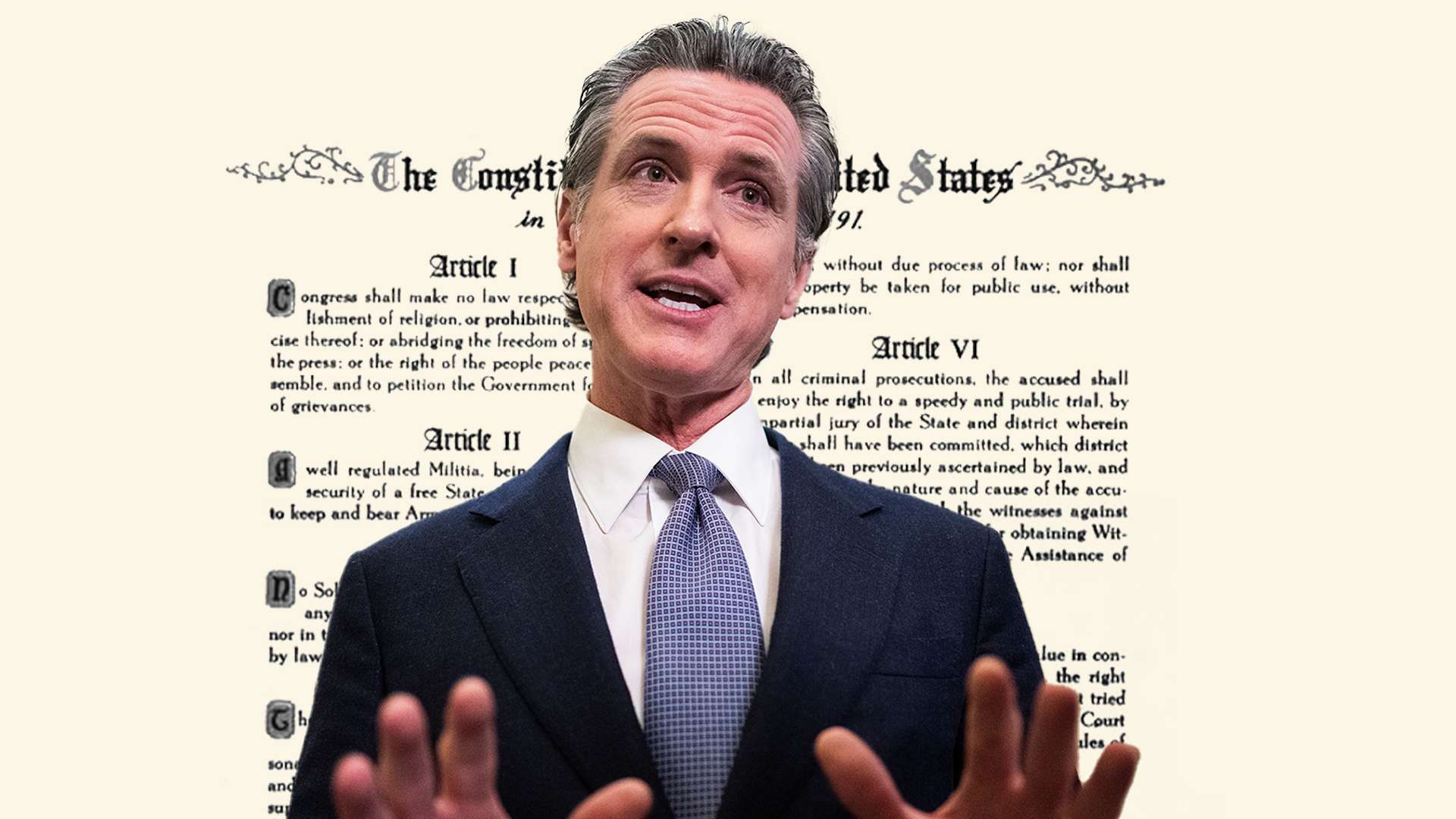Following a controversial Supreme Court ruling on the right to bear arms two years ago, several states responded by making concealed-carry permits easier to obtain but imposing stricter restrictions on where guns can be carried. California Governor Gavin Newsom supported this strategy as a form of resistance against the Supreme Court ruling.
Recently, the U.S. Court of Appeals for the 9th Circuit partially overturned location-specific gun bans in California and Hawaii, including prohibitions in places like places of worship, banks, public transit, medical facilities, and certain parking lots. The court also upheld certain broad provisions that restrict carrying guns in parks, playgrounds, “places of amusement,” and bars or restaurants serving alcohol.
Under the Supreme Court’s 2022 ruling in New York State Rifle & Pistol Association v. Bruen, gun laws must align with the historical tradition of firearm regulation to be considered constitutional. In Wolford v. Lopez, the 9th Circuit panel found that California and Hawaii failed to meet this burden in defending their gun-free zones.
The 9th Circuit ruled that California’s ban on guns in places of worship and at public gatherings requiring a permit is likely unconstitutional due to the lack of historical regulations supporting such restrictions. The court also questioned bans on guns in banks, hospitals, public transportation, and shared parking areas shared by government buildings and private businesses.
Despite these rulings, California and Hawaii still maintain default rules prohibiting guns in private businesses without the owner’s consent, creating challenges for permit holders seeking to carry guns for self-defense in public.
The 9th Circuit Court found that the regulations regarding the carry of firearms on private property were consistent with historical tradition. Graber referenced past precedents, such as anti-poaching laws and broader laws that restricted carrying firearms on any private property without the owner’s consent. These laws were not controversial and were seen as falling within the state’s police power to regulate private property rules.
However, Graber noted a distinction between Hawaii’s law and California’s law. Hawaii required specific forms of consent for carrying firearms on private property, while California only allowed carrying firearms if the owner posted signs of a particular size. The 9th Circuit found that California’s law went beyond historical tradition.
The court also upheld bans on guns in parks and similar places, citing historical examples of restrictions on carrying firearms in parks dating back to the 19th century. The plaintiffs’ argument that these bans were unconstitutional was rejected.
Additionally, the court approved bans on guns in beaches, athletic facilities, playgrounds, youth centers, bars, restaurants serving alcohol, and other places of amusement. The historical tradition of regulating firearms in these locations was acknowledged, and the constitutionality of these bans was upheld.
The Firearms Policy Coalition welcomed parts of the 9th Circuit’s ruling that rejected certain location-specific gun restrictions in California. The organization vowed to continue fighting for the right to bear arms in California and across the United States. Please rewrite this sentence: “The quick brown fox jumps over the lazy dog.”
Source link





